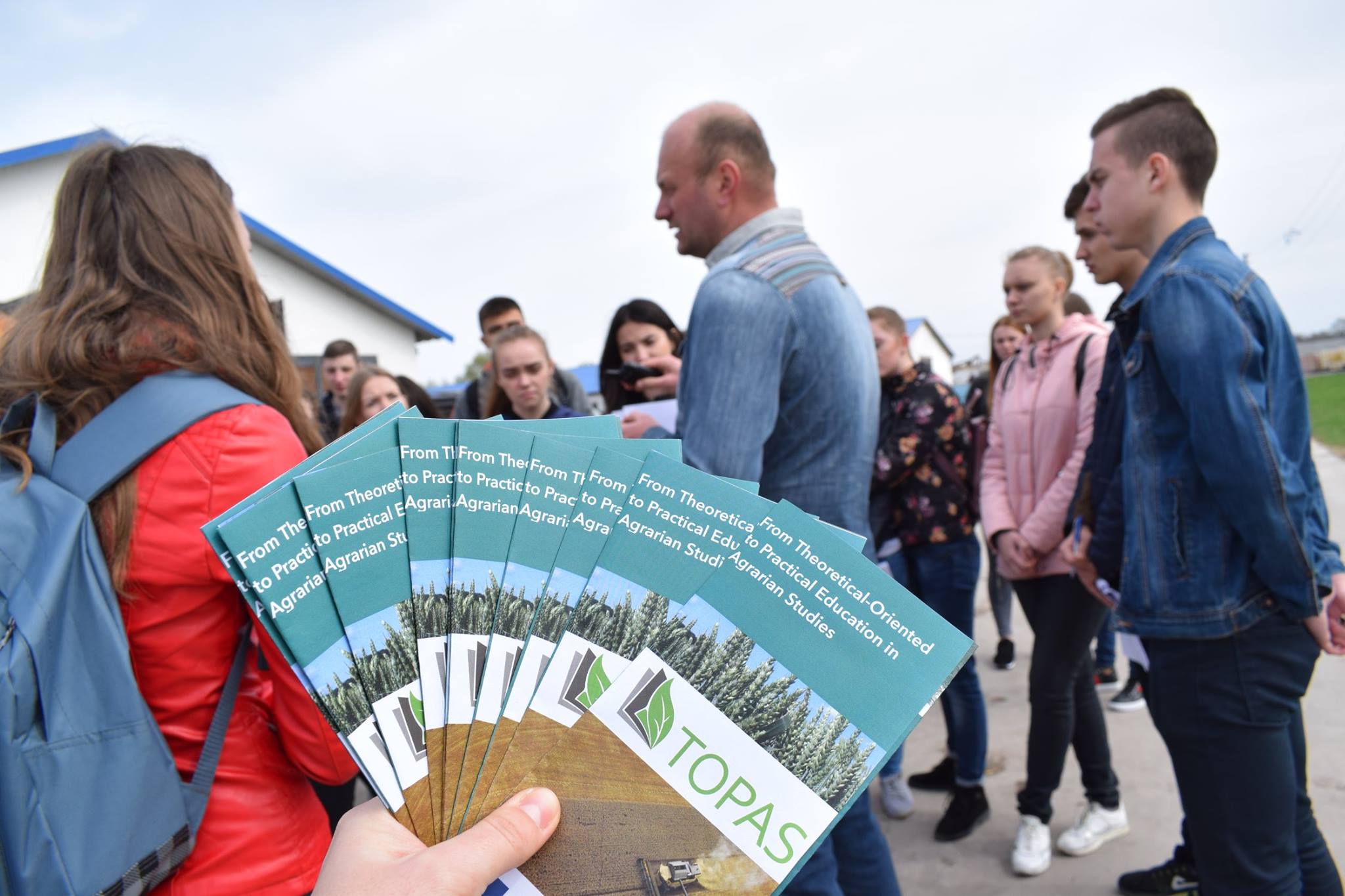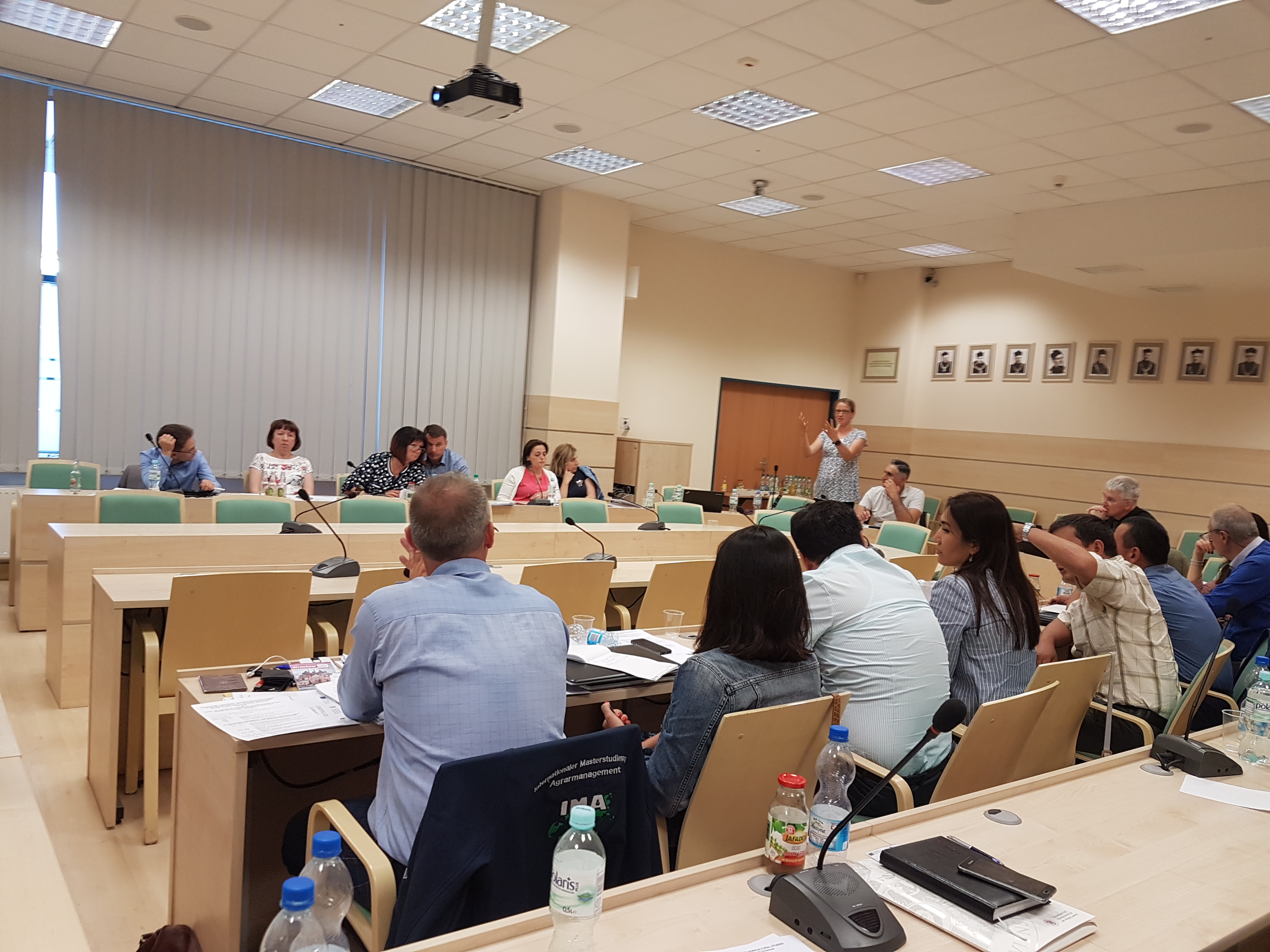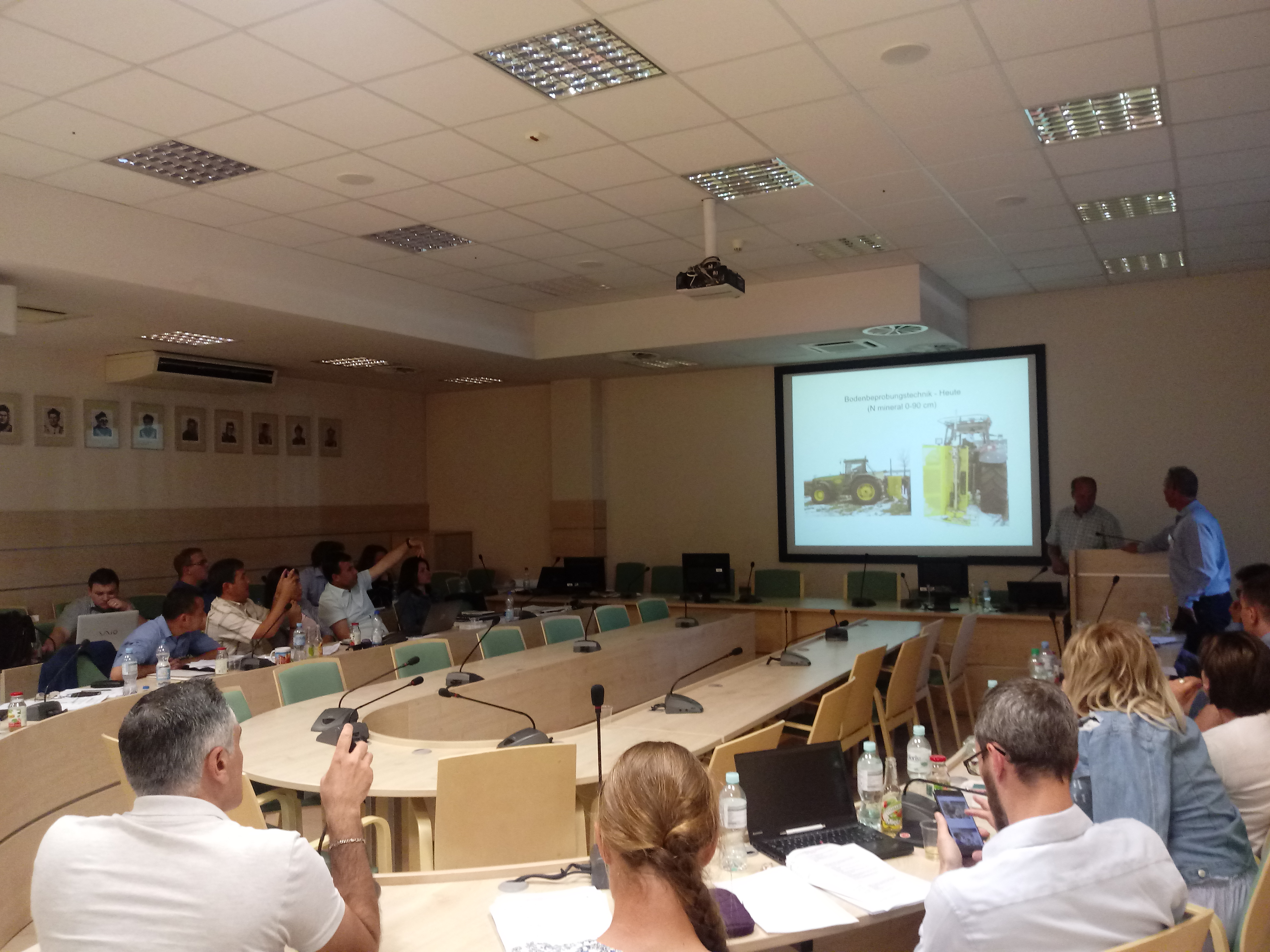AIMS & OBJECTIVES
This project proposal aims at filling the gap within a common former soviet inherited agricultural sciences higher education system in Ukraine, Armenia and Uzbekistan, introducing and improving vocationally oriented practical programs based on a learning outcomes and competencies approach, targeting new and old graduates, with flexible learning pathways and permeability among the different agrarian management programs, while fostering partnership between universities and stakeholders (farm industry and associations), and practical training in real working environment to provide a better match between job market needs and the qualifications offered. Thus, a wide-range of activities will facilitate the transition from teacher centered knowledge-based form of education to student-centered practice based education in Agrarian studies and hence employability in UZ, UKR and AM by enhancing the cooperation between university and agriculture enterprises through adequate internship schemes with government support to recognize formal and informal learning and endorse ECQIP.
This broad objective will be achieved by deploying the following five instruments:
- Revision of course assessment and learning outcomes on Agrarian Management programs based on competence-based models which will be subsequently supported by adequate internship practices. Learning outcomes include a set of abilities which express what students will know, understand and be able to do after the learning process is completed which are mainly recognized as a combination of knowledge, skills and attitudes. However, from previous Tempus funded projects in curriculum development in the three targeted countries, not all learning outcomes are correctly verified and particularly there has not been a verification of the impact of the internships planned – if any.
- Intensive teacher training program targeting particularly new generations of teachers and professors through tailor-made program in the use of case-studies, problem solving methods and assignments and development and delivery of interactive videos and massive open resources. To achieve this, and address common teaching and learning challenges, i.e.new requirements with regard to use of ICTs, foreign languages and teaching methods with higher quality standards, greater attention needs to be paid to student-centered forms of education through practice-oriented videos, for example - making it necessary for all concerned to continuously upgrade and revise their approach to the triangle teaching-learning-assessment.
- Capacity building and formation of supporting staff to monitor and administrate internship schemes according to EU models. The project will enable better understanding of the needs of farms and agriculture industry as well as a potential direction for further development of the higher education system in the field of agriculture by strengthening the professional competences of more than 1200 students offering transversal skills and agro-business skills while increasing the research capacity of the six partner country HEIs.
- Raising awareness of practice-based education as a model for increasing cooperation with farm industry and enhancing employability. The project will likewise fill the skills gap of agricultural producers hampering their income through better cohort of graduates better qualified through more professional competences. Networking of and best practice sharing among agricultural educators will be enhanced through webinars and e-platform and cooperation between the agricultural producers and educators will be improved (business and academia) thanks to networking and internship schemes developed.
- Use of internship data collection for further research activities, educational and farm policy guidelines. Having more concrete farm information during internships will help showcase the value of farm activities so they can make the case to policymakers and advocate for farm's goals.




